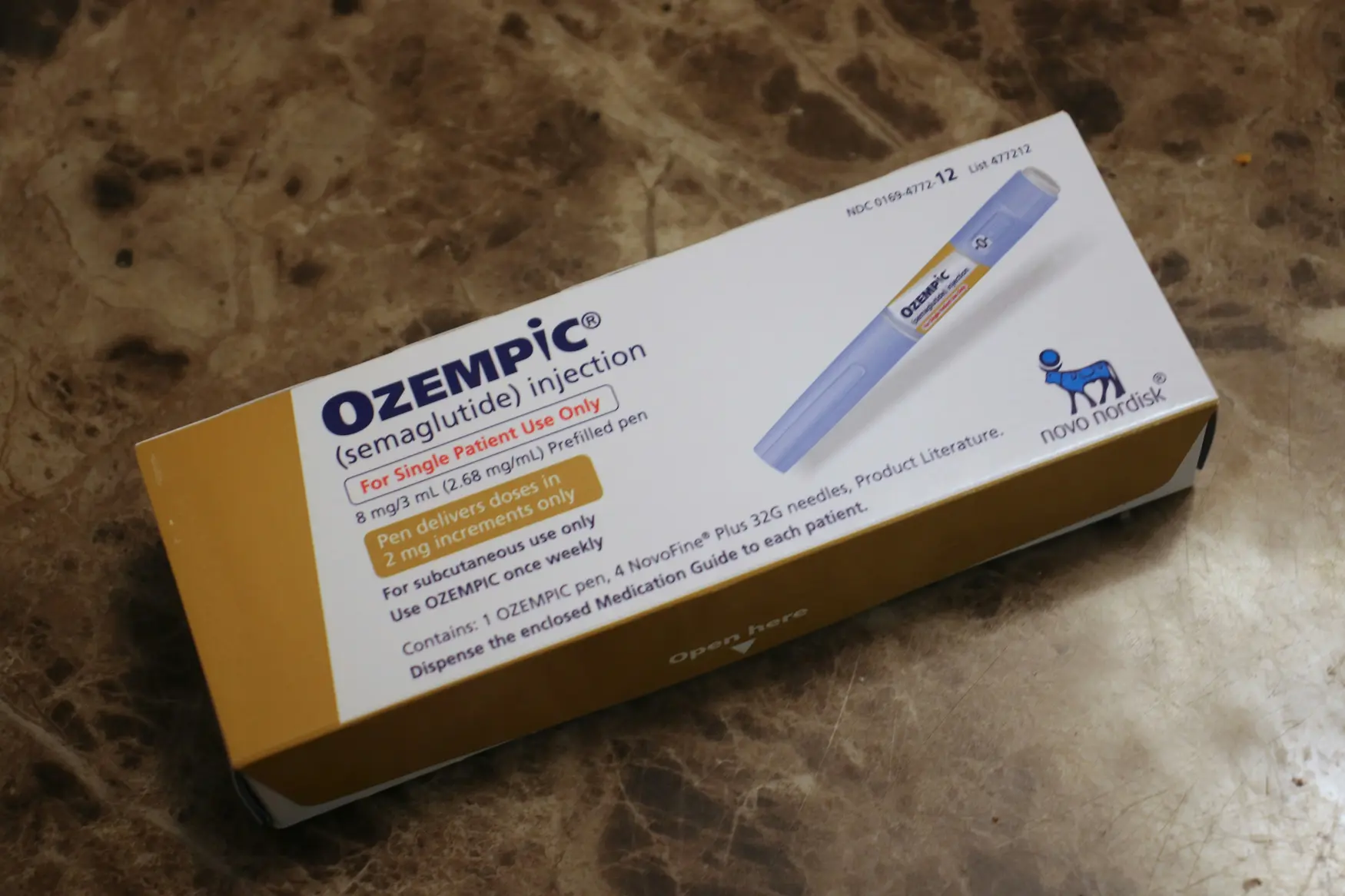T4K3.news
GLP-1 price spike prompts review of supplements
A medical review questions the weight loss claims of GLP-1 labeled supplements as prescription prices rise.

A medical review questions popular GLP-1 labeled supplements as prescription prices rise, separating hype from evidence.
GLP1 Supplements Fall Short on Weight Loss Claims
With Mounjaro prices set to jump by 170 percent next month, patients seeking affordable weight loss options face a crowded market of GLP-1 labeled supplements. After the Ozempic and Mounjaro boom, many powders, capsules and patches have been marketed as GLP-1 products, prompting a pharmacist and medical nutritionist to assess whether they deliver real results. The expert notes these items typically use very small doses and rely on different biological pathways than prescription GLP-1 drugs, making dramatic weight loss unlikely.
The review covers multiple products including ColonBroom GLP-1 Booster, Lemme GLP-1 Daily, Steiger Pro GLP-1 Plus, Myota Metabolic Booster, Aura GLP-1 Patches, Sensilab GLP-1 Active, PEAka GLP-1 Ultra-Concentrated Liquid Pearls, and Feel Pro Metabolic. Scores range from 0 to 3 out of 5, reflecting limited evidence for weight loss. Myota Metabolic Booster shows some merit for gut health through high fibre content, which can subtly influence GLP-1 release, but the overall weight impact remains modest. Patches and other delivery formats face absorption hurdles that undermine their claimed effects. Experts caution that while some ingredients may support metabolic health, they do not replicate the drug-like effects of prescription GLP-1 injections.
Key Takeaways
"These supplements do not replicate the weight loss effects of GLP-1 injections."
Assessment of product effectiveness relative to prescription drugs.
"Boosting natural GLP-1 is almost meaningless for weight loss."
Goggins blunt verdict on weight loss potential.
"The real benefits are in gut health and metabolic support, not dramatic weight loss."
Overall takeaway from the evaluation.
Consumers should approach GLP-1 labeled supplements with caution. The market has capitalized on a rising demand for affordable weight management, but robust clinical proof is missing for most products. The findings underscore a broader issue: the line between gut health support and weight loss becomes blurred when marketing uses medical terms without solid data. There is a need for clearer labeling and stronger regulatory scrutiny to prevent misinterpretation and overpromising. In short, price alone should not be mistaken for efficacy, and medical guidance remains essential for anyone considering these options.
Highlights
- If a pill promises the magic of injections it’s selling a placebo
- Natural GLP1 boosts aren’t a weight loss shortcut
- Gut health helps but it is not a magic weight loss lever
- Dosing matters more than the label on the bottle
Financial risk from GLP-1 price surge
Rising costs for prescription GLP-1 drugs may push some patients toward unproven supplements. This creates consumer confusion and potential disparities in access to proven treatments.
More robust science and stricter labeling are needed.
Enjoyed this? Let your friends know!
Related News

Natural appetite pill gains attention in UK

Lawsuits Rise Over Ozempic and Zepbound Safety

Ozempic vulva reports prompt safety review

GPT-5 pricing sparks market shift

Deregulation fuels a dangerous supplement market

Black Hills mining plans draw scrutiny

Menopause supplement promises relief at 63p a day

Hunger debate grows as Gaza malnutrition rises
